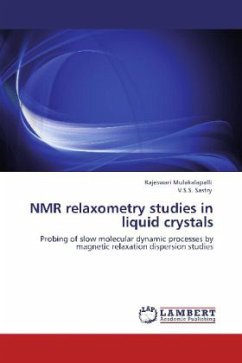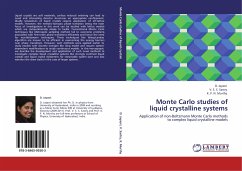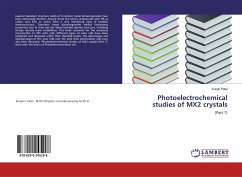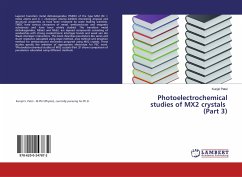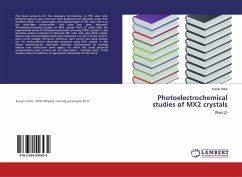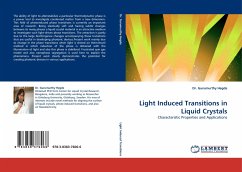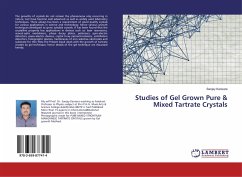This book discusses the application of nuclear magnetic relaxometry in the wide-line regime, to probe molecular processes in soft materials like liquid crystals in their bulk and confined forms. The focus is on slow dynamics, exclusively detected via dispersion of the associated spectral densities extracted from low-frequency spin-lattice relaxation rates. The first two chapters provide the theoretical basis for appreciation of nuclear spin relaxation rate measurements as a handle to characterize specific dynamics in liquid crystals, and their implementation over several decades of Larmor frequency employing recent methods like field-cycling NMR technique. The subsequent chapters discuss new results so obtained on certain chosen liquid crystal systems. The findings of these investigations are summarized in the last chapter, critically evaluating the exclusive scope and applicability of field-cycling based relaxometry to probe interesting, and novel, slow dynamics in these systems.
Bitte wählen Sie Ihr Anliegen aus.
Rechnungen
Retourenschein anfordern
Bestellstatus
Storno

